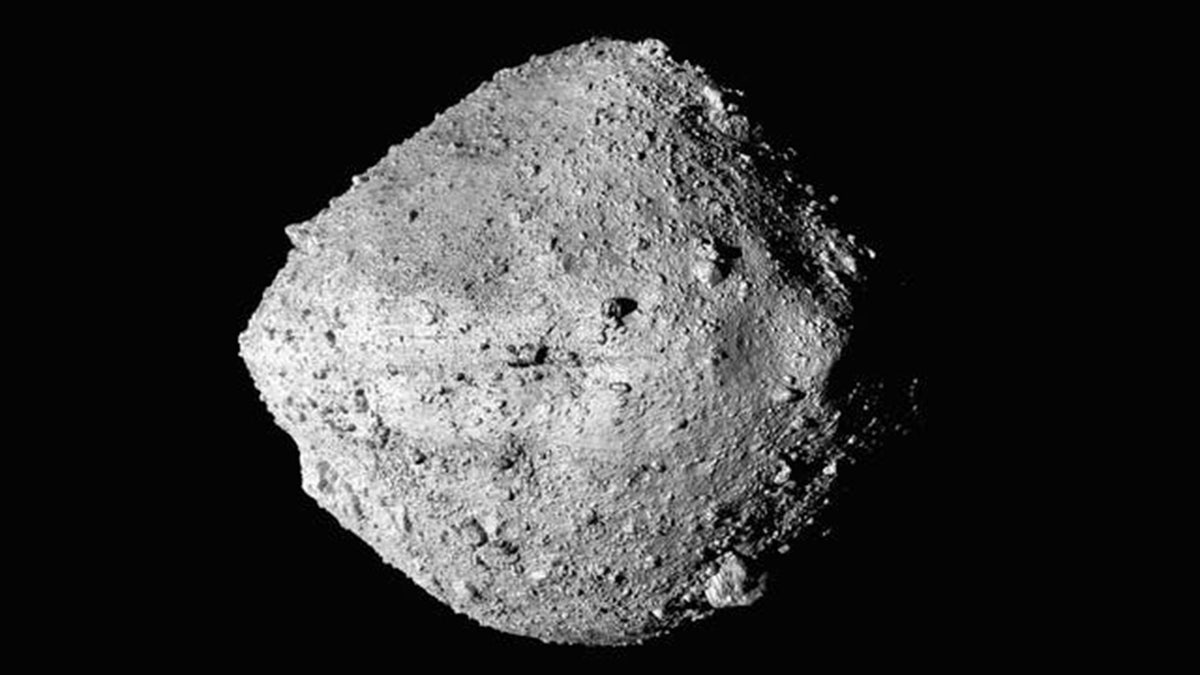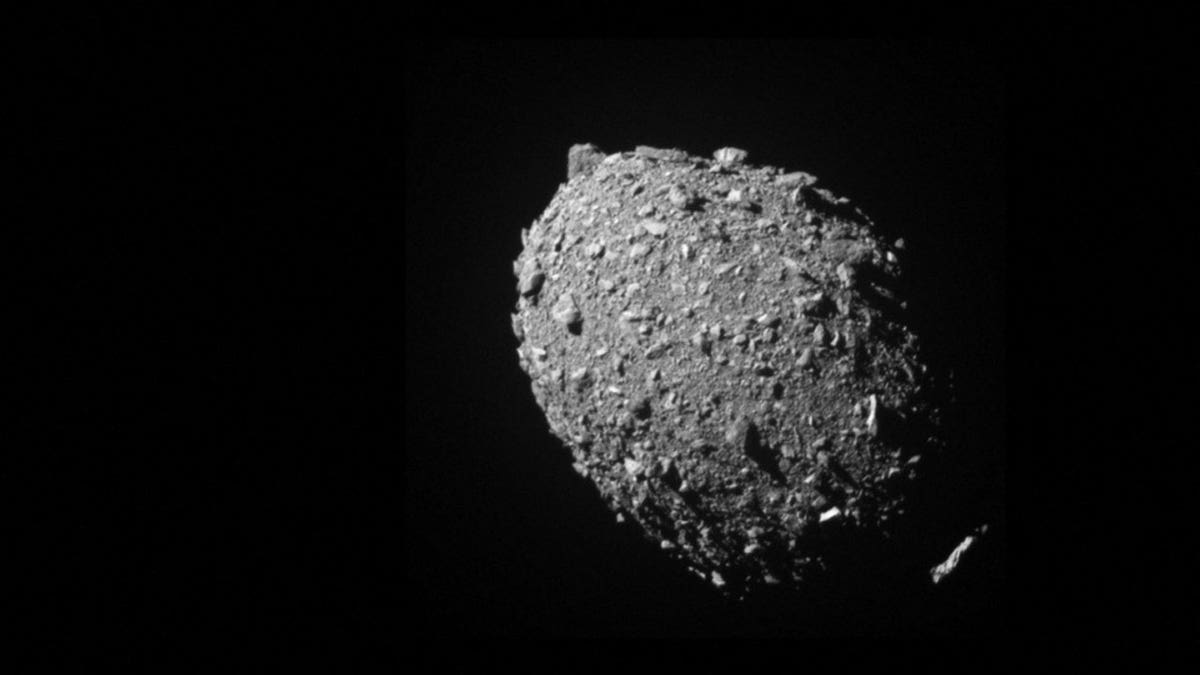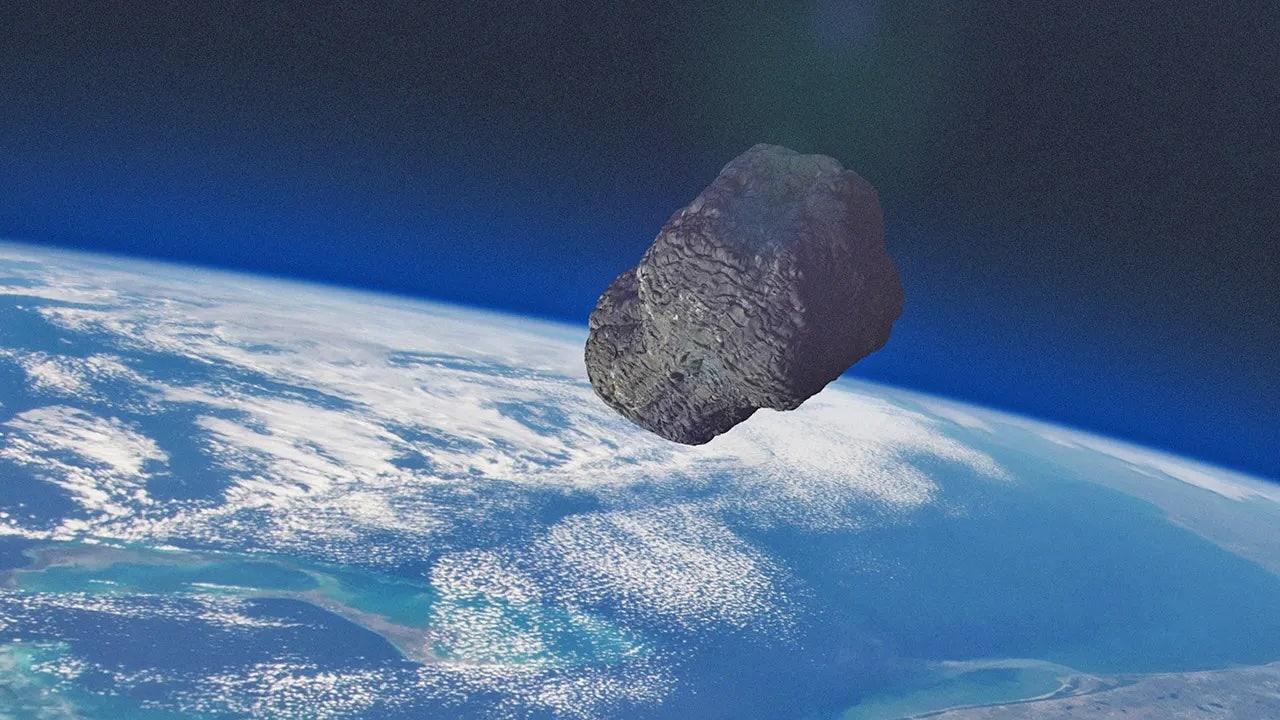NEWYou can now listen to Fox News articles!
A massive asteroid nearly the size of a New York skyscraper will make a close approach, or pass, by Earth in the early hours of Sept. 18., according to scientists.
They say the asteroid, officially dubbed “2025 FA22,” is set to race past the planet at more than 24,000 miles per hour, plus that it will do so again in 2089 and 2173.
The asteroid measures between 427 and 951 feet across, similar in size to a large skyscraper.
UFO MANIA GRIPS SMALL TOWN AFTER MYSTERIOUS GLOWING OBJECT SIGHTING GOES VIRAL
NASA and the European Space Agency (ESA) have confirmed it poses no immediate threat because updated measurements have ruled out a collision and the asteroid has now been taken off the risk table.
“Impacts on this scale are rare, but the consequences would be catastrophic,” ESA researchers said, with the pass Thursday morning offering a rare opportunity to study a skyscraper-sized asteroid up close.
Astronomers first detected 2025 FA22 in March using a special telescope in Hawaii. It was then added to ESA’s watch list of possible dangerous asteroids.
HARVARD PHYSICIST SAYS MYSTERIOUS INTERSTELLAR OBJECT COULD BE NUCLEAR-POWERED SPACESHIP

Because of its size and speed, if 2025 FA22 did strike Earth, it could crush a major city and other areas, setting off fires and tsunamis.
People won’t be able to see 2025 FA22, but astronomers with strong telescopes or binoculars could spot it as a faint dot against the stars around 3:40 a.m. ET Sept. 18.
METEORITE FRAGMENT THAT SLAMMED THROUGH HOMEOWNER’S ROOF IS BILLIONS OF YEARS OLD, PREDATES EARTH: PROFESSOR

Asteroids are rocky formations of the solar system from billions of years ago that are seen orbiting the sun and can be different sizes.
NASA estimates more than 1.3 million asteroids are in the solar system, with over 30,000 classified as near-Earth objects.
NASA’s Asteroid Watch always monitors asteroids that could come within 4.6 million miles of Earth.
Any object larger than 492 feet passing within 4.6 million miles of Earth earns a “potentially hazardous” label.
Fox News Digital has reached out to NASA for comment.













